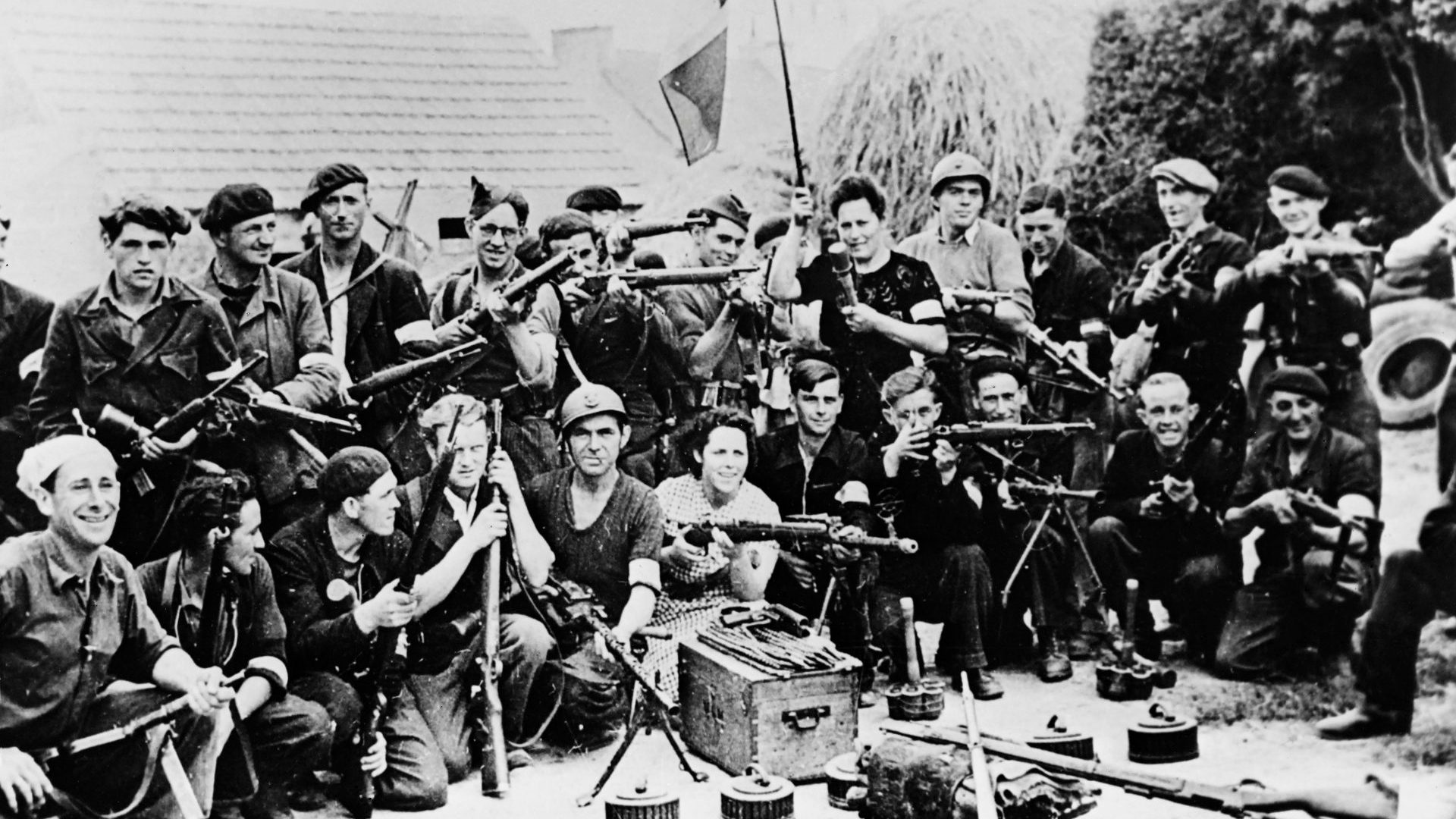Silence
Donmar Warehouse, London, until Sept 17,
then Tara Theatre, London, Sept 21-Oct 1
When a young journalist suggests to her bosses that she interview people now living in the UK who lived through partition in India, she’s immediately told they don’t want another “woke, Britain-bashing piece.”
Anything to do with the Empire – along with Brexit, which you could argue is inexorably bound up in it – is now one of those subjects on which views are so firmly polarised that many are reluctant even to raise it as a subject.
That is why Sonali Bhattacharyya, Gurpreet Kaur Bhatti, Ishy Din and Alexandra Wood have called their adaptation of a book by Kavita Puri simply Silence.
It is a well-intentioned piece they’ve come up with, but, as theatre, it has one obvious shortcoming. It lacks any real drama. The playwrights have employed the tired old cliche of having characters talk to a journalist. So many writers have used this device over the years and it’s always about telling, rather than seeing, which is not what theatre should be about. Worse, it can just be about getting characters on the stage to regurgitate vast chunks of Wikipedia, or, in this case, a book.
I don’t question that the testimonies are all true and unbelievably moving – familiar to anyone who heard Puri’s original Radio 4 documentary series that she later turned into the book Partition Stories – but it is, for all that, a play that has been written by committee with no real focus and eventually a degree of emotional and intellectual fatigue begins to set in.
Towards the end – and I’ve seen this in a few plays now, not least in The Father and the Assassin at the National – there are a few half-hearted attempts to relate what happened in the run-up to Partition and subsequently to Brexit: the same cynical attempts by politicians to divide on the basis of race, religion and difference.
I find these attempts at finding a kind of coy relevance just plain irritating: if writers have something to say about our politics, then let them say it openly and plainly without trying to hide it behind the history books.
For all that, Silence boasts one stand-out performance – and that is Bhasker Patel as the journalist’s weary old cardigan-wearing, tea-drinking father. Initially reluctant to dredge up painful memories, he slowly begins to unburden himself of them. The actor succeeds precisely because he does not attempt to do too much. His presence, sitting quietly and sadly on a couch amid so much frenetic activity, gives the piece some real emotional depth.
Abdul Shayek’s staging ultimately fails, however, as he is too subservient to what appears to be the writers’ need to impart a vast amount of information in one hour and 45 minutes.




